Announcer:
The following program is a PBS Wisconsin original production.
Rebecca Kleefisch:
Friends, we can do it!
Frederica Freyberg:
Former Lieutenant Governor Rebecca Kleefisch tests positive for COVID-19 shortly after her announcement to run for governor. Now, post quarantine and with a negative test, she’s back on the campaign trail.
I’m Frederica Freyberg. Tonight on “Here & Now,” a conversation with Republican candidate for governor, Rebecca Kleefisch. Murv Seymour tells the story of redemption after a pardon from Governor Tony Evers. Then we’ll hear from a Milwaukee attorney who gives legal help to people seeking the forgiveness of pardons. It’s “Here & Now” for October 1.
Announcer:
Funding for “Here & Now” is provided by the Focus Fund for Journalism and Friends of PBS Wisconsin.
Frederica Freyberg:
First up tonight, former Lieutenant Governor Rebecca Kleefisch takes a break from her campaign to join us. Kleefisch served as Scott Walker’s lieutenant governor during his two terms in office between 2011 and 2019. Before that, Kleefisch worked as a television news reporter and anchor in Rockford, Illinois and then Milwaukee. More recently, she served as executive director of the Women’s Suffrage Centennial Commission in 2019. When Rebecca Kleefisch joined us earlier, I started by asking her about her recent COVID-19 breakthrough infection. How are you feeling now?
Rebecca Kleefisch:
I’m fine. Thank you for asking, but it is really important that when you hear about cases like mine that we are reminded that everybody’s body treats this really differently. And, you know, I was fine but there was a lot of people who are really suffering with COVID-19. And so we continue to urge people to take good care of themselves and also everybody just have an extra measure of patience and grace for folks who want to protect themselves or want to take extra measures or, you know, want to have freedom, individual liberty. Everybody treats this very differently, and everybody’s body treats this very differently.
Frederica Freyberg:
In fact, you say you want to “ensure robust protection for conscience in a pandemic.” What does that mean?
Rebecca Kleefisch:
That means we want to protect individual liberties and we want to make sure that government is not dictating health care decisions when it comes to the Constitution.
Frederica Freyberg:
So should people take precautions against primary or breakthrough cases by masking indoors or in schools, for example? As governor, how would you keep people safe?
Rebecca Kleefisch:
Well, I would make sure that people were well aware of the facts. And the facts have been changed over the last year and a half. We know that the Delta variant is brand new and it’s a breakthrough variant. I was vaccinated. There are a lot of people who are dealing with COVID diagnoses even after being vaccinated. And so I think it’s really important that we continue with good hygiene practices like hand washing, making sure we are staying distant from people we don’t know, whether they have it or not. If you’re sick, make sure you stay home from work or from school. We in America, we in Wisconsin tend to believe that working hard and working through sickness is proving ground for great work ethic. Under these circumstances it’s just not smart. We also need to respect people’s individual choices. If someone wants to wear a mask and has made a decision that that’s the right health care choice for them, then we would respect it and not make folks feel shamed for either wearing a mask or not wearing one. We have no idea what’s going on in people’s personal lives and what their personal choices may be based on conversations they’ve had with their families or maybe their doctors.
Frederica Freyberg:
Now, you support Donald Trump and call him “one of the most successful policy presidents of our time, one of the most pro-life presidents ever.” Do you support his continued charges that the 2020 election was stolen, that in fact Joe Biden did not win?
Rebecca Kleefisch:
Frederica, I have said many times that Joe Biden is the president of the United States. However, I do think there should be a full investigation of what happened in Wisconsin in 2020 because we are risking people walking away from the electoral process completely because they don’t feel like their vote counts. So we need to get to the bottom of it and reassure folks that walking away from our Democratic republic, our election process, is not the way we handle things. That in fact we want to make sure that people are completely franchised, that they go and they vote and they vote passionately to keep this Democratic Republic going.
Frederica Freyberg:
So you support these investigations in Wisconsin, even in the face of court challenges that failed on the part of Donald Trump and recounts?
Rebecca Kleefisch:
I think it’s important that everyone vote. And I think the concern we have is people disenfranchise because they don’t believe their vote counts or they feel like some suspicious or scurrilous activity went down in November of 2020. We need to assure people that we have gotten to the bottom of 2020 so that they can rest assured that their vote is secure and counts. In Wisconsin, we need to make it easy to vote, but we also need to make it hard to cheat and we need to give people assurances that their vote matters.
Frederica Freyberg:
Shifting gears a little bit, as to your last election and the promised jobs at Foxconn, what’s your response to the company not delivering on those?
Rebecca Kleefisch:
I’m disappointed. I’m disappointed the same as anyone across Wisconsin who had high hopes for 13,000 jobs delivered nearly right away. But I will say that our jobs tax credits were never delivered because the bar was set extremely high in the Walker-Kleefisch administration. Tony Evers lowered the bar. This is not the first time Tony Evers has lowered the bar. But my hope is that we will still see tremendous job creation because of some investments that were made in infrastructure.
Frederica Freyberg:
Okay. We need to leave it there. We are at time, but I trust that we will be speaking with you more in the very near future. Thank you very much.
Rebecca Kleefisch:
No doubt. Thank you.
Frederica Freyberg:
Governor Tony Evers says political risk or not, he believes in second chances through providing pardons. He has granted hundreds of them since taking office. Earlier this month, he signed an executive order that will speed up the process of getting a pardon in nonviolent cases. “Here & Now” special projects journalist Murv Seymour has this report on one man’s journey to receive a governor’s pardon and its profound impact on his life.
Anthony Cooper:
You have to do more than just say what you’re going to do. You have to actually do it.
Murv Seymour:
Anthony Cooper lives to help others. He coaches former prison inmates about the outside world through the Nehemiah Center Reentry Services program. He also runs an organization called Focused Interruption out of a tiny office on Madison’s south side next to the Neighborhood House Community Center.
Anthony Cooper:
We work on violent crimes throughout our community and where there’s shooting, stabbings.
Murv Seymour:
Focused Interruption looks to holistically reduce trauma from gun violence to the people, family and neighborhoods in Dane County impacted the most.
Anthony Cooper:
Go and work on providing intervention strategies, prevention strategies and also being able to provide support to families in the moment.
Murv Seymour:
In the community, Anthony is a leader. He’s the 2019 recipient of Dane County’s coveted Martin Luther King, Jr. Humanitarian Award, given to those who serve their community in the spirit of Dr. King.
Anthony Cooper:
Growing up on the north side of Chicago, that was – I think where we lived we had a village. Madison is my village. Because of that, I know how to act as a village. I would never have thought I would be at where I’m at now.
Murv Seymour:
Where he is now comes as a surprise to a lot of people, especially when you consider where he’s been.
Anthony Cooper:
There’s an old saying if I knew what I know now back then, who would I be?
[sirens]
Murv Seymour:
Back then, in the late ’90s, Anthony Cooper was a different man.
Anthony Cooper:
When I think about how I navigated life, there was definitely some things that I wish I could have done different. I was a man-child. Even being a man and age, there were still childlike qualities I had as well. I was a high school dropout. I wasn’t able to provide the way I would have wanted, to provide for my kids. I didn’t see the light. I didn’t see that it was possible to be able to get a functioning job, to be able to have a functioning family. A lot of people don’t know this, but I thought about being a nurse, getting into IT.
[sirens]
I always wanted to be a fireman. That was my ideal job. I would have been the best warehouse worker. I would eventually have moved up to become a supervisor of some sort.
Murv Seymour:
With all of those and more as career options, eventually he took an unexpected route to quick cash.
Anthony Cooper:
How hard is it to get out there on a block and, you know, if you know the right people, to go and sell drugs?
Murv Seymour:
Anthony became a hustling drug dealer on the streets of Madison.
Anthony Cooper:
Those were some of my darkest days. I thought then in the thick of it, okay, I’m providing, I’m doing something, I’m trying to find a better job.
Murv Seymour:
According to police, in February of 1999, he sold heroin to a confidential informant in this parking lot outside an east side Madison restaurant and several other locations around town including a local park. Court records show days later he led police on a short car chase through downtown during rush hour before being arrested by Madison police officers.
Anthony Cooper:
My mother didn’t raise me to sell drugs. My mom gave us all she could.
Murv Seymour:
At the time he says he felt selling drugs was his only option to provide for his mother, son and his then pregnant girlfriend.
Anthony Cooper:
I could get a job, but if that job is still leaving me struggling, I know at the same time if my pager, phone or whatever, every time they call, it’s $20, $50 here, a $100 here. Eventually that grew. Then what happens. In 1999 when I was 22 years old, I was convicted of three felonies.
Murv Seymour:
Anthony reads his own written words about when his drug-selling days came to an end near this street corner.
Anthony Cooper:
The things I’m writing isn’t writing for you all, but for me. I’ll always have that memory. There’s always going to be in the core of my heart.
Murv Seymour:
He sometimes wonders if getting caught may have saved his life.
Anthony Cooper:
I could have got caught with more than what I had. I could have got killed. My son growing up without a father. My mom growing up without — you know, as she’s getting older, not having a son. My sister’s not having a brother.
Murv Seymour:
After pleading guilty, he did two years in state prison. Some of it in Portage, Black River Falls and the Challenge Incarceration Boot Camp in New Richmond.
Anthony Cooper:
Nothing about prison I liked. When someone is incarcerated, it doesn’t just affect you. It affects everyone that’s connected to you. When they called my name to be able to go to boot camp, that’s the hope for me to be able to go to boot camp and successfully complete it.
Murv Seymour:
Fresh out of prison, Anthony says he found himself fresh out of luck in finding a good-paying job. After being turned away from what he estimates hundreds of jobs weekly, he would settle for a gig making pizzas. Honorable work, but in his words, it didn’t pay enough to feed his family.
Anthony Cooper:
When I came home, I knew I wasn’t going to sell pizzas for the rest of my life. I knew I wanted more. I went through my own stinking thinking.
Murv Seymour:
He says he fought temptations
Anthony Cooper:
The thoughts are still there.
Murv Seymour:
to go back to the crooked lifestyle that landed him in prison.
Anthony Cooper:
The thought was still there. When I look back at my sons. I never wanted my sons to come back in prison, to prison to say — you know, to come and visit me there. If I allowed them to continue to see me go back and forth from prison, eventually that’s going to become normal for them and eventually they going to follow the same route.
Murv Seymour:
Anthony quickly learned his status as a felon cripples his opportunities to create a better life.
Anthony Cooper:
From housing, from loans, government subsidies to government grants. You’re still looked at as less than. Can you explain this to me about my background even though it’s so many years? It’s almost a restart on life, a restart of me trying to explain and trying to convince people that, hey, that’s — who I was at 19, 20, 21, 22 is not the same person who I am today.
Murv Seymour:
Now, almost 20 years out of prison
Anthony Cooper:
None of us knew anyone that ever had a pardon.
Murv Seymour:
Anthony went all the way to the governor’s office seeking forgiveness and a pardon from the governor and his eight-person pardon advisory board.
Anthony Cooper:
We all knew what change looked like and they all knew the change that was within me. When I was arrested, that was in 1999.
Murv Seymour:
He wrote the words he read earlier in 2019 as part of his application to the board.
Anthony Cooper:
Even people I knew from the streets say the same thing. We’re just proud of you, who you’ve become.
Noble Wray:
We do our due diligence to make sure that we reach out to the victims.
Murv Seymour:
Former Madison Police Chief Noble Wray is a member of the Pardon Advisory Board which typically meets in the Finance Committee room on the fourth floor of the State Capitol.
Noble Wray:
We’ve had a number of people during COVID that have presented some very compelling cases.
TV announcer:
You’re watching Wisconsin Eye.
Anthony Cooper:
Because of COVID, we had to do it virtual. But now it’s about what have you done to change your life around? Who are you now that you were not 20 years ago, 15 years ago, seven years ago?
Murv Seymour:
Anthony Cooper’s case was one of many brought before the board.
Noble Wray:
They are impacted by their employment. A lot of times they’re impacted by where they can live and cannot live. There are limitations placed upon you if you have a felony to be able to travel outside of the country. Can you open a child care center? Can you care for people? You can take an 18-year-old in northern Wisconsin that decided to drive through a cornfield. Based upon the amount of damage that they create, that was a felony. But they’re 18 and 19 years old. And they walk into a pardon board and they’re 55 or 56 and they look you in the eye and say, “Hey look, all I want to do is to be able to tell people around me that I’m not a felon.”
Murv Seymour:
To be eligible for a governor’s pardon, you have to be a convicted felon who’s completed all of your sentences at least five years ago and you cannot have any pending criminal charges or cases. Registered sex offenders are not eligible for a pardon. While the board makes the recommendations…
Tony Evers:
All that is about corrections isn’t about punishment.
Murv Seymour:
.Governor Tony Evers has the final say.
Tony Evers:
It’s about getting people ready to reenter life outside of corrections. I’m one of those people that believe in redemption. Both my parents were in the medical field, and they spent their lives trying to give people second chances physically. This is one around giving people second chances spiritually. We have too many people in our prison right now, and whatever I can do to help those that have exited the system and are doing well in their lives, recognizing that.
Murv Seymour:
So far in just over two years in office, most recent numbers show Governor Evers is granting more pardons each year. 262 out of over 1300 applicants and counting through August, only denying the board’s recommendation 1% of the time. If reelected, he says he will continue approving pardons. His predecessor, Scott Walker, didn’t deliver a single one in his eight years as governor.
Tony Evers:
That’s a lot of people that didn’t get that chance for many, many years. I review every single one that’s recommended to me. It is one of the most heartwarming exercises I go through as governor. Many of them frankly are people that these crimes were committed 20, 30, 40 years ago and they’ve been clean for 20, 30, 40 years. We can’t afford to throw anybody away. I have no doubt at some point in time somebody will goof up. There are people every day in this state, in this nation that make mistakes that may end up being a criminal offense. But at the end of the day I feel confident that 99% and 49/100ths percent are the right decisions.
Murv Seymour:
More than two years after submitting his application for a governor’s pardon…
Anthony Cooper:
Whether or not if you’re going to get it.
Murv Seymour:
on February 3rd, 2021 Anthony Cooper gets news he’s anxiously been waiting on.
Anthony Cooper:
That was the scary part for me.
Murv Seymour:
He receives his pardon and…
Anthony Cooper:
It happened on the day of my son’s birth. I was a ball of emotions. The fact that the governor again is saying, hey, you know what, let’s give this person a new start in life, right? That’s — that’s huge.
Noble Wray:
If you can think of yourself as someone right now that committed a felony and you’re asking yourself will I ever be able to connect back with society and feel like a full citizen, a Wisconsinite in the state of Wisconsin, when you see someone like Anthony Cooper, he provides that North Star.
Tony Evers:
He is hardly the only one. Think about that. Somebody that was just, you know, in such a bad place that they ended up being incarcerated because of years of and buying and selling. And now they’re one of the leaders in their communities. People are applying for this because they feel, A) they deserve it. B) They think that they can be role models in their community. And, C) they feel that it can heal wounds in their family.
Anthony Cooper:
My kids are my angels, hands down. There’s no if, and, buts about that. My kids are what made me change. I had to be able to say when I look back I can tell my sons I love something more than I love myself.
Noble Wray:
We need more Anthony Coopers. People know him. They see him. And they’ll look at him and say if Anthony can do it, I can do it.
Murv Seymour:
Reporting for “Here & Now,” I’m Murv Seymour.
Frederica Freyberg:
The governor’s office says no pardon recipient has re-offended in the three years since Governor Evers began granting those pardons. This reporting is part of a PBS Wisconsin-WPR-WisContext collaboration utilizing reporting, research and community-based expertise to provide information and insight about issues that affect Wisconsin. Included in the coverage we also hear from an attorney doing clemency work on the ground. Megan Morrisey is the coordinator of the Expungement Pardon Clinic, which is a joint project between Marquette University Law School and the Milwaukee Bar Association. We sat down with her this week and asked her the difference between the two.
Megan Morrisey:
Although pardons go to felonies, expungement can go to the lower level felonies, class H, class I, so forgery, uttering and some lower level drug offenses are eligible. What expungement actually does, if let’s say all things are in the positive and have gone really well for an individual. That conviction is still there. It doesn’t vacate the conviction. Similarly with pardon. Pardon doesn’t vacate the conviction. But what expungement does is it takes it off of CCAP. It also seals the record, physically sealing the file in the clerk of courts office so nobody can go into that file and retrieve documentation, read what the criminal complaint says. It effectively seals it from public view, both on the computer and physically. So that’s what expungement does. Pardon, on the other hand, only applies to felonies. A pardon does not take it off of CCAP. So a pardon will still be viewable by individuals on CCAP, but what will happen is CCAP will put up a pop-up that states that this individual was granted a pardon by the governor which extends forgiveness and also reinstates the individual’s civil rights and some privileges. But, again, it doesn’t vacate or actually take away that conviction.
Frederica Freyberg:
The full interview with the coordinator of the Expungement Pardon Clinic can be seen online on the PBSwisconsin.org news page on Monday. You’ll also see additional reporting, including from Wisconsin Public Radio on the issue of executive pardons. Again, look for that WisContext collaborative reporting project Monday morning, October 4, on the PBS Wisconsin and WPR web pages.
But tonight, October 1, sees us bidding a fond farewell. “Here & Now” series, election and debate senior producer Andy Moore is hanging up his headphones. After more than three decades, tonight is his last program. He retires from PBS Wisconsin taking his wealth of knowledge about our state, its politics and policy makers out the door. Andy has been behind the news and public affairs programming you’ve seen on our air throughout. Whether events have been routine or raging, he’s seen it all, brought his topnotch editorial judgment and delivered to our viewers with his special brand of sensibility for what matters and why.
Andy started at Wisconsin Public Television in 1987, as a producer of “Wisconsin Week,” a weekly program that examined statewide politics and policy and was co-anchored by Dave Iverson in Madison and Joe Smith in Milwaukee. The award-winning, must see TV live program “WeekEnd” debuted in October of 1991.
Dave Iverson:
We’re joined now by Andy Moore, the original producer, all-time, long-time producer of the program and the co-creator and his daughter, Maggie Moore.
Andy Moore:
I wanted Maggie to be on TV tonight not because I want my family on TV but I want people to know we’ve been on the air for 11 years. I want people to know what 11 years looks like.
Frederica Freyberg:
Always one to include a little whimsy in the long-running show, Andy helped illustrate a dry and boring policy about property tax while donning rain gear.
Reporter:
Let’s assume for a moment Andy here is the average taxpayer up in Door County. He fishes for a living.
Frederica Freyberg:
As a field reporter, Andy was not afraid to tackle the hard stories.
TV announcer:
From the “WeekEnd” eye team with photojournalist Bruce A. Johnson, audio journalist Tom Naunas and chief correspondent Andy Moore. This is an exclusive eye team investigative report, “Whitewater: The Inside Story.”
Frederica Freyberg:
As a lifelong musician, Andy was never at a loss to bring a musical instrument into the picture or a live band into the studio. The “Here & Now” program launched in January, 2003. That May Andy shared his commute to work with viewers.
Andy Moore:
Those of us that bike to work all year see “Bike to Work” week the way that partiers see New Year’s Eve: strictly for amateurs.
Frederica Freyberg:
While still booking interviews for the “Here & Now” program, Andy found time and a place for his passion: music.
Andy Moore:
It’s the “30 Minute Music Hour.” I’m Andy Moore from Milwaukee, Wisconsin, Nickel and Rose.
Frederica Freyberg:
In 2007, he created and hosted a program showcasing local musicians and bands. In the end, though, Andy’s programmatic bread and butter has always been politics and policy. And his work and sensibility in such coverage is unmatched.
Bill McCoshen:
Primaries are all about expectations. You got to lower them.
Frederica Freyberg:
As you just saw, Andy sure made coming to work fun. But in addition to that, he was always a serious newsman with his finger on the political pulse and a dear friend and creative colleague. Before we go, we wanted to check in on Andy in his studio control room space in person for a sendoff. Hey, Andy.
Andy Moore:
Hey, Fred.
Frederica Freyberg:
So after all of these years of Friday nights in the control room, what does it feel like to be there for the final seconds of a program?
Andy Moore:
It’s surreal. It’s kind of like going to your own funeral. People have been so outspoken all week long and sharing memories and passing along, you know, good wishes and so forth. It’s just been fantastic. To imagine for anyone to have the opportunity to be in public service and journalism is such a tall wish, but I’ve been able to try my best at both of those things, surrounded by such talented people as you well know. It’s clich to say this in our business, but I’ve done a lot of things. I’ve never run camera. I’ve never edited a frame of video. I’ve written a promotion. I’ve never directed anything. It’s because of those people that I’m here and that we’re on the air. And so I guess more than anything, I want to say thank you to them and to the viewers.
Frederica Freyberg:
Andy, thank you to you. And we want to remind folks that as a serious journalist and producer, you won a boat load of awards, including four consecutive, very prestigious Walter Cronkite Awards for Excellence in Television Political Journalism. This is the kind of work that you spent the past more than three decades doing and we will sorely miss you. Thank you.
Andy Moore:
I’ll miss you, Fred. You’re in good hands, you folks at home. Thanks so much, Fred. You are a topnotch journalist and a dear, dear friend.
Frederica Freyberg:
Thank you. All right. With that, we remind you to go to PBSwisconsin.org and click on the news tab for additional reporting. Monday look there for our special, expanded reporting on the Wisconsin pardon process. Thanks for joining us and have a good weekend.
Announcer:
Funding for “Here & Now” is provided by the Focus Fund for Journalism and Friends of PBS Wisconsin.
Search Episodes
News Stories from PBS Wisconsin

Donate to sign up. Activate and sign in to Passport. It's that easy to help PBS Wisconsin serve your community through media that educates, inspires, and entertains.
Make your membership gift today
Only for new users: Activate Passport using your code or email address
Already a member?
Look up my account
Need some help? Go to FAQ or visit PBS Passport Help
Need help accessing PBS Wisconsin anywhere?

Online Access | Platform & Device Access | Cable or Satellite Access | Over-The-Air Access
Visit Access Guide
Need help accessing PBS Wisconsin anywhere?

Visit Our
Live TV Access Guide
Online AccessPlatform & Device Access
Cable or Satellite Access
Over-The-Air Access
Visit Access Guide
 Passport
Passport





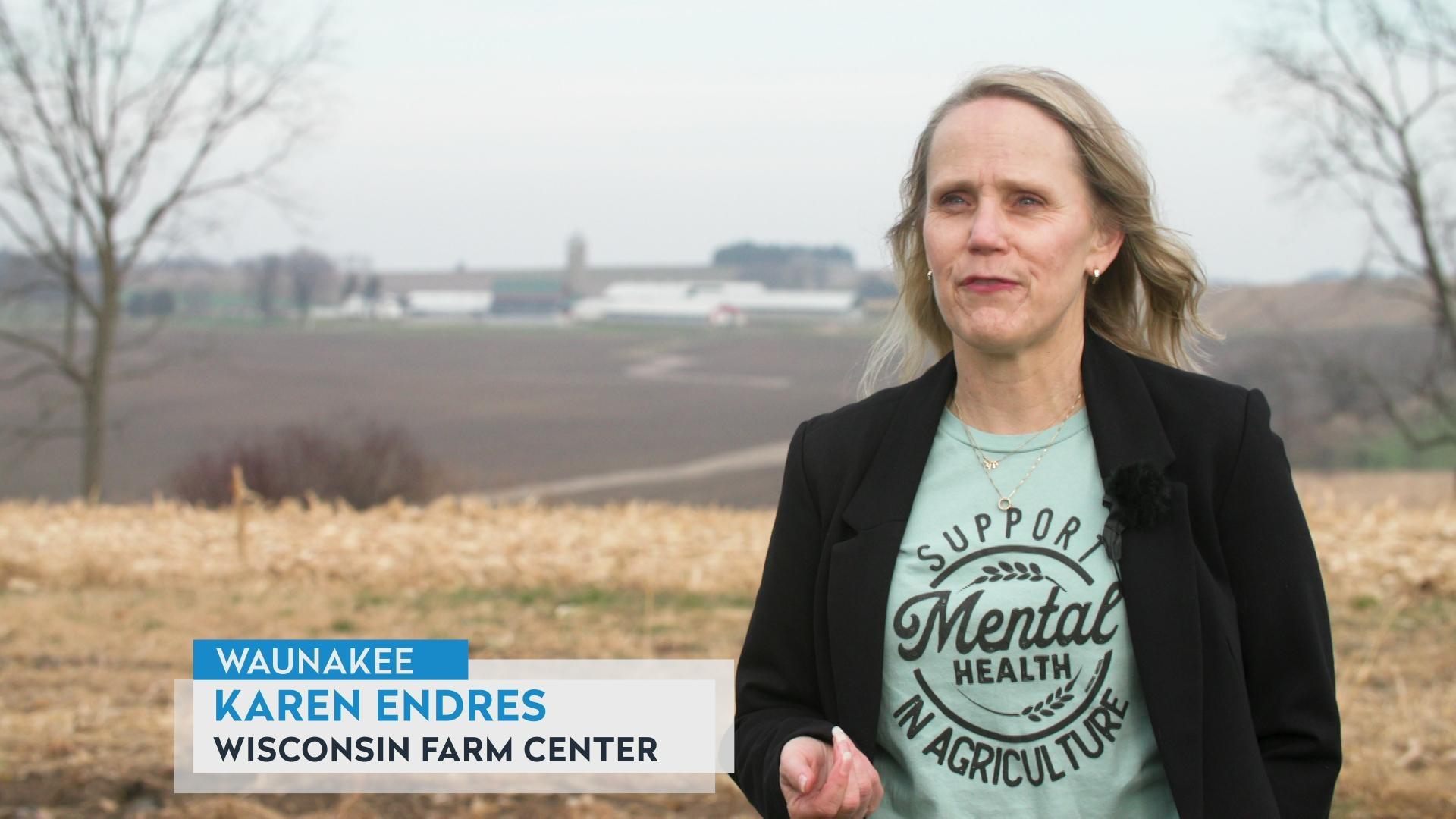
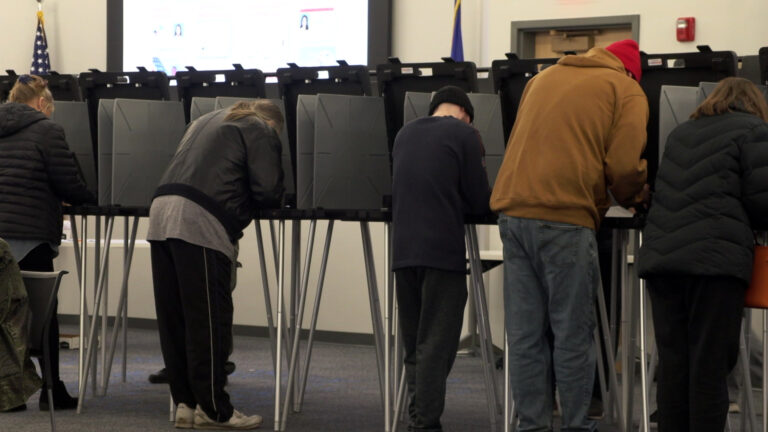
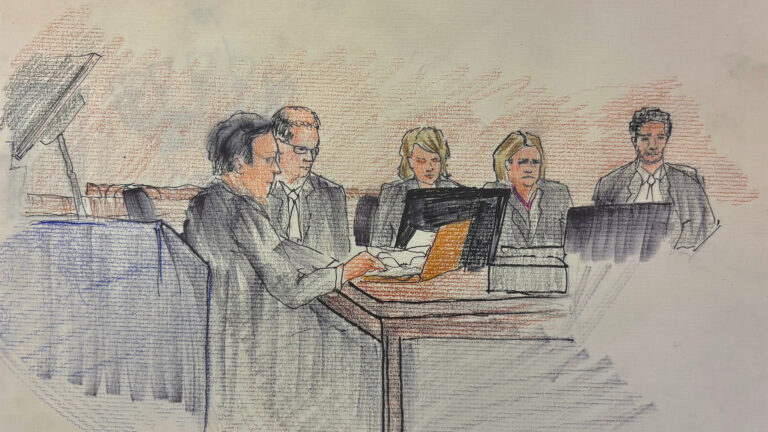
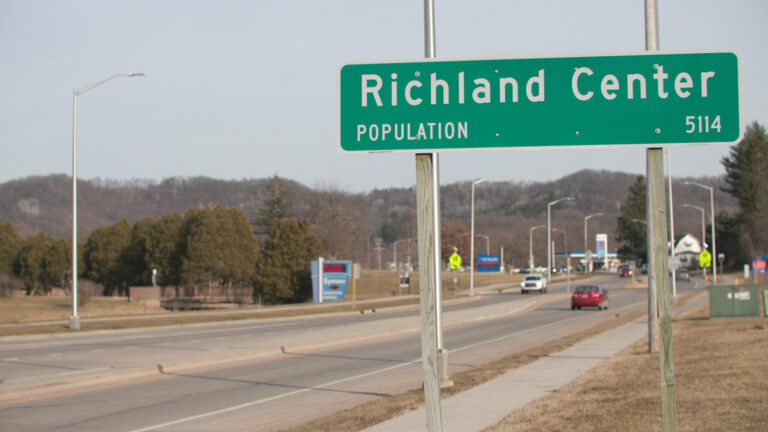
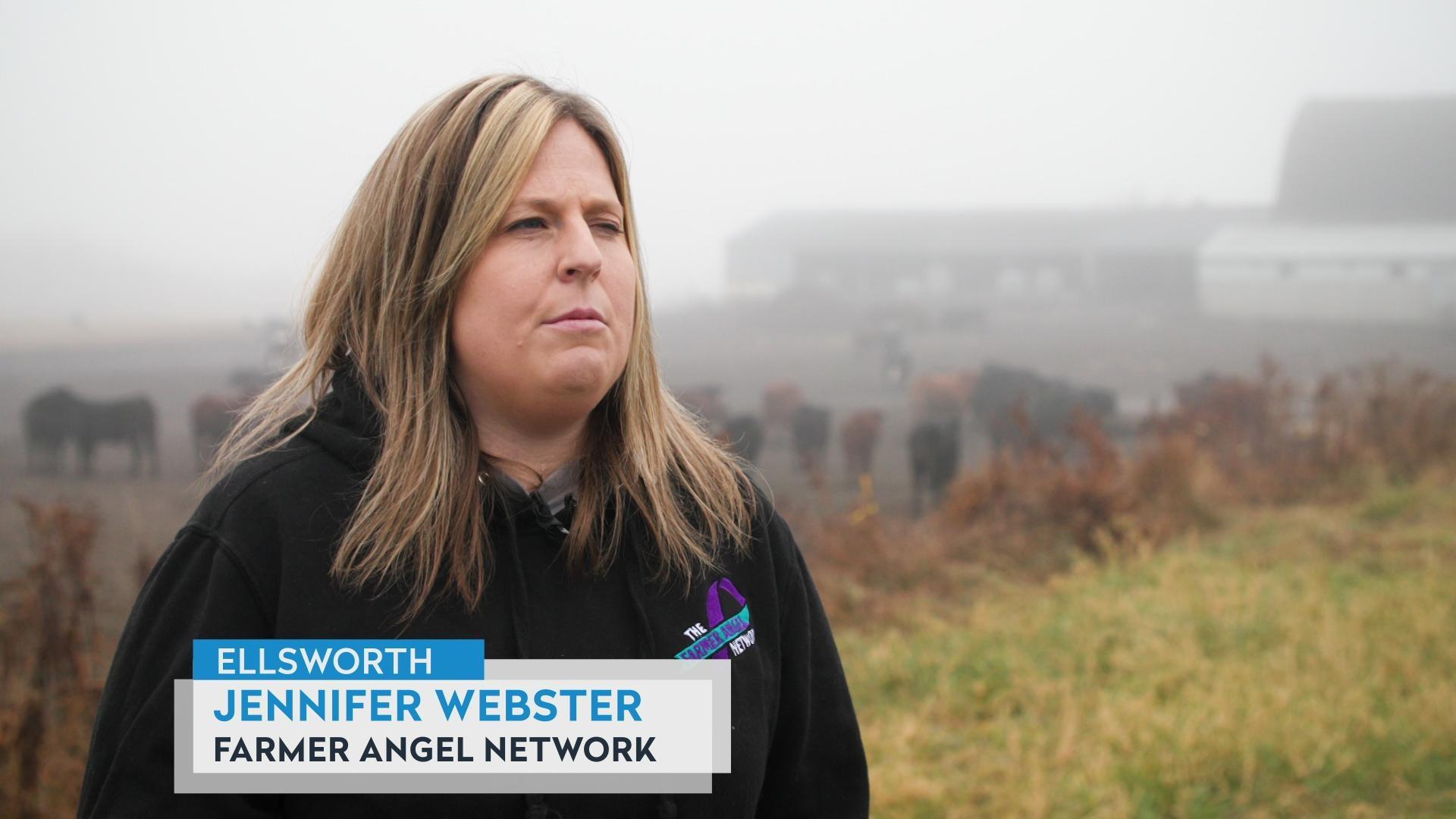
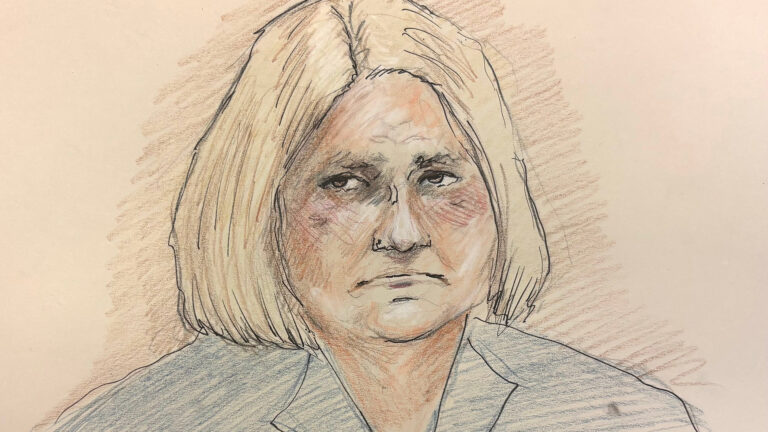
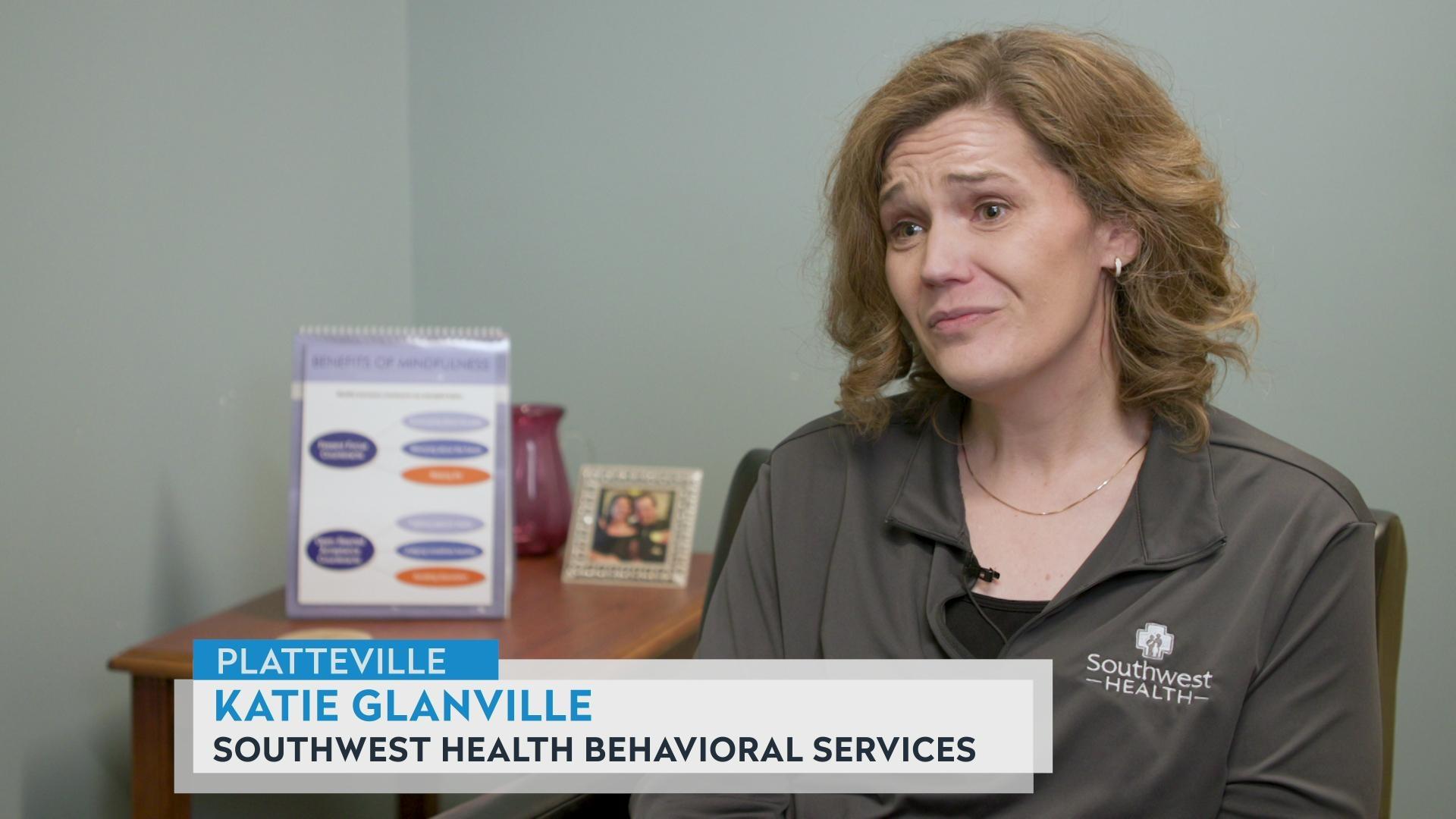






Follow Us